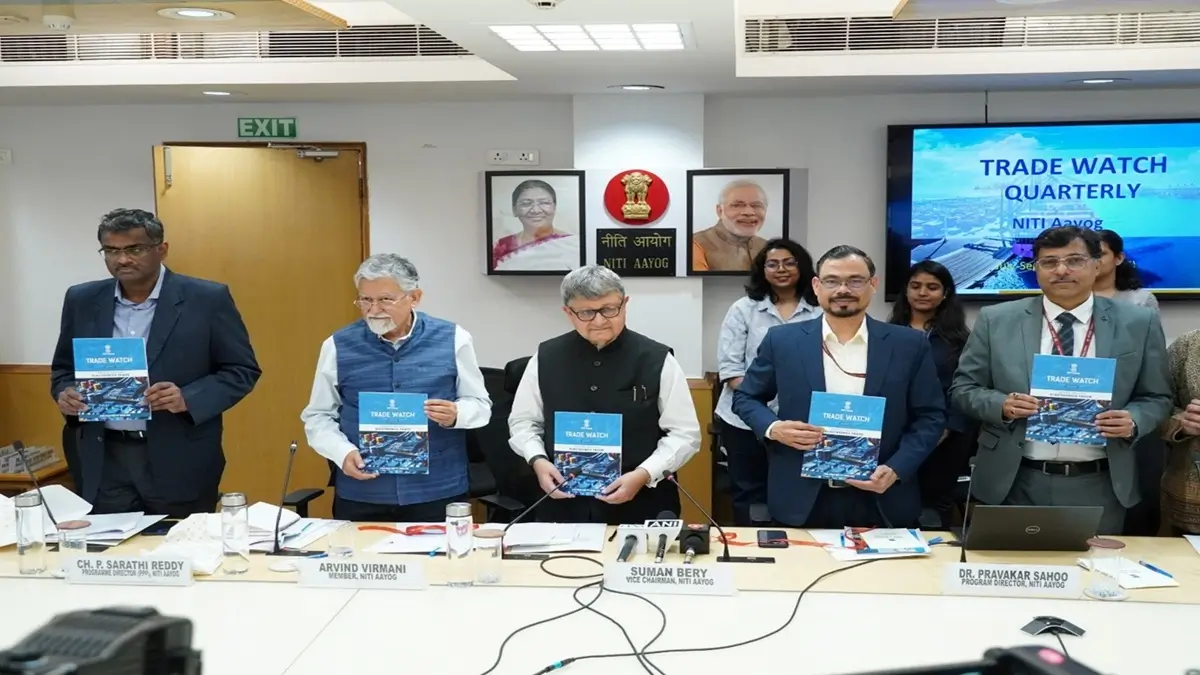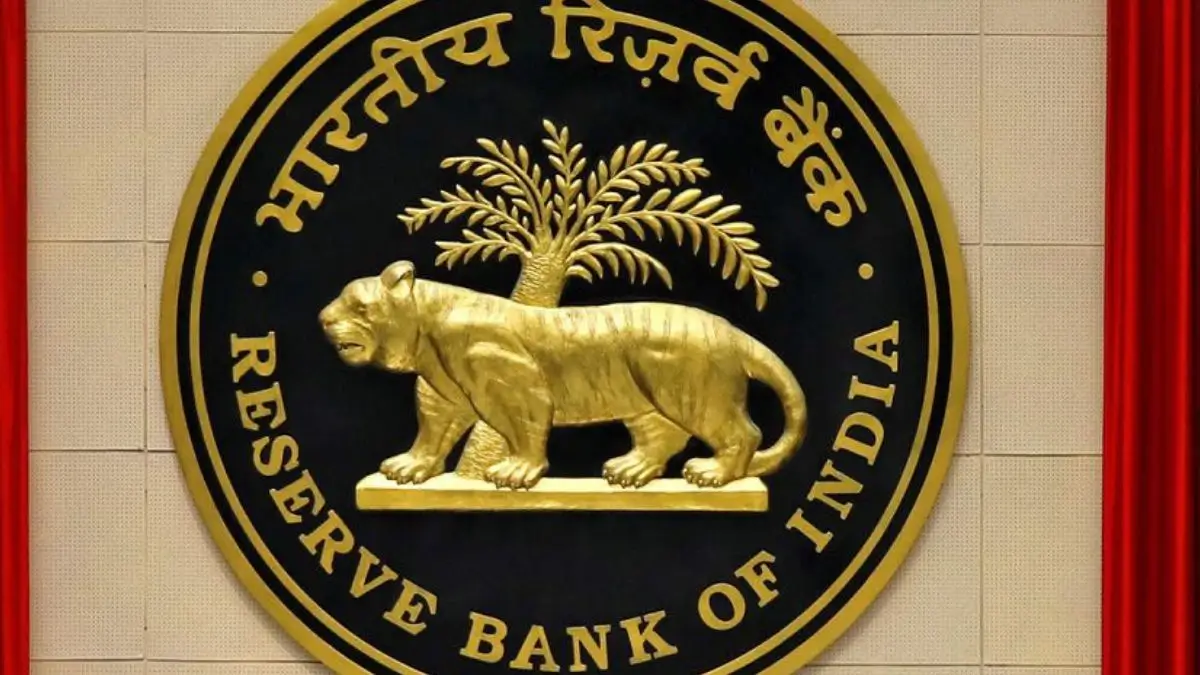Introduction: A Fruitful Achievement for Jammu & Kashmir
Jammu & Kashmir has recently been recognized as the top pear-producing state in India, contributing approximately one-third of the nation’s total pear production. This significant achievement underscores the region’s favorable climatic conditions and dedicated agricultural practices that have propelled it to the forefront of pear cultivation.
Climatic Conditions Favoring Pear Cultivation
The unique temperate climate of Jammu & Kashmir, characterized by cold winters and moderate summers, provides an ideal environment for pear cultivation. The region’s fertile soil and adequate rainfall further enhance the growth and quality of pears, making it a hub for this fruit’s production.Sweetish Hill+1socialresearchfoundation.com+1
Economic Impact on the Region
The prominence in pear production has had a positive economic impact on Jammu & Kashmir. It has opened up avenues for employment, boosted the income of local farmers, and contributed to the state’s GDP. The success in pear cultivation also encourages diversification in agriculture, promoting sustainable farming practices.
Comparison with Other Pear-Producing States
While Jammu & Kashmir leads in pear production, other states like Himachal Pradesh, Punjab, and Uttarakhand also contribute significantly. However, the combination of optimal climatic conditions and focused agricultural strategies gives Jammu & Kashmir a competitive edge in this sector.

Why This News Is Important for Government Exam Aspirants
Relevance to Agricultural and Economic Sections
For aspirants of government exams such as UPSC, SSC, Banking, and State PSCs, understanding the agricultural dynamics of India is crucial. Knowledge about leading crop-producing states aids in answering questions related to the country’s economy and resource distribution.Guidely
Insight into Regional Development
The emergence of Jammu & Kashmir as a leader in pear production highlights the potential for regional development through agriculture. This case study can be instrumental in discussions and essays on rural development, self-sufficiency, and the role of agriculture in economic growth.
Historical Context: Evolution of Pear Cultivation in Jammu & Kashmir
Historically, Jammu & Kashmir has been known for its diverse fruit cultivation, including apples, cherries, and apricots. Over the years, with the introduction of modern farming techniques and government support, pear cultivation has seen significant growth. The region’s farmers have adopted improved varieties and practices, leading to increased yield and quality, positioning the state as a leader in pear production.
Key Takeaways from “Jammu & Kashmir’s Pear Production Milestone”
| S.No. | Key Takeaway |
|---|---|
| 1 | Jammu & Kashmir is the top pear-producing state in India, contributing about one-third of the total production. |
| 2 | The state’s temperate climate and fertile soil are ideal for pear cultivation. |
| 3 | Pear production has positively impacted the region’s economy and employment. |
| 4 | Other significant pear-producing states include Himachal Pradesh, Punjab, and Uttarakhand. |
| 5 | The success story of Jammu & Kashmir serves as a model for agricultural development in similar regions. |
FAQs: Frequently Asked Questions
1. Which state is the largest producer of pears in India?
Jammu & Kashmir is currently the largest producer, accounting for nearly one-third of India’s total pear production.
2. Why is Jammu & Kashmir suitable for pear cultivation?
The region’s temperate climate, fertile soil, and adequate rainfall make it highly suitable for growing pears and other temperate fruits.
3. What other states are known for pear production in India?
Besides Jammu & Kashmir, states like Himachal Pradesh, Punjab, and Uttarakhand also contribute significantly to pear production.
4. How does pear cultivation benefit the local economy?
Pear cultivation promotes employment, increases farmer income, and contributes to rural economic development, enhancing the state’s agricultural GDP.
5. Why is this topic important for competitive exams?
It is relevant to questions on Indian agriculture, state-wise crop production, rural economy, and regional development, which are frequently asked in exams like UPSC, SSC, Banking, and State PSCs.
Some Important Current Affairs Links

















